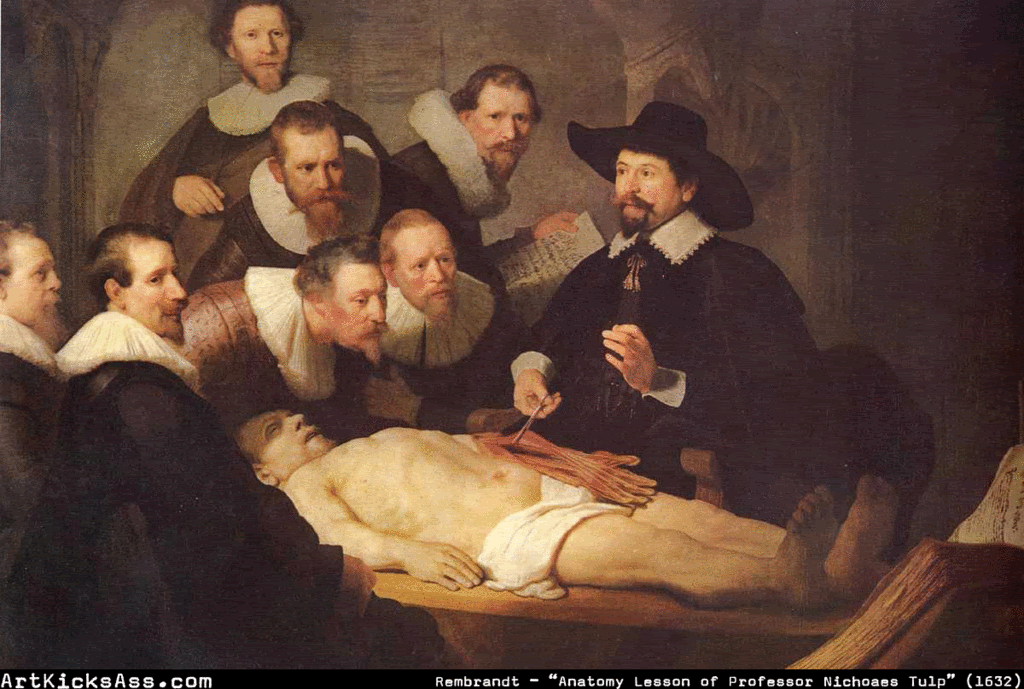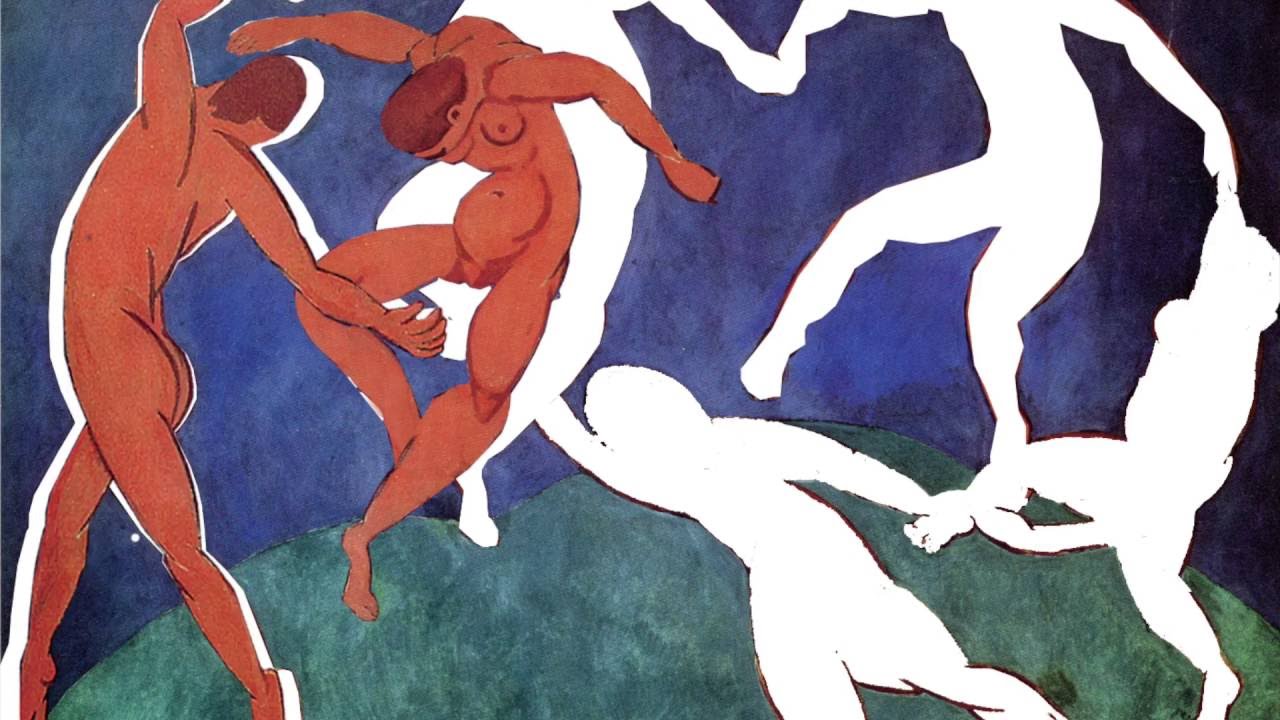There was a time when 21 years of home violence have left me feeling like I am at war with my own body. Reading “The Body Keeps The Score” summarized some of my experiences and helped me pin down the practical value of self love.
I did not start reading this book in order to find comfort or reassurance. It is science-fueled but never the less – a bestseller, and as a person who worked 15 years in the press industry, I can recognize a product when I see one. Starting with the cover (a reproduction of one of Henry Matisse cut-outs), then the catchy title and finishing up with the hand-friendly format, this book screams to me “eat me, because I have the answers you have been looking for”.
And of course as a bestseller, “The Body Keeps The Score” has its perks like the fact of being simply well written with dense chapters and subchapters. The sections with medical and science information are relatively short and illustrated. The majority of the book is filled with stories of healing the trauma survivors and patients of the author – Bessel van der Klok, who is a medicine doctor and professor of psychiatry. He is not hesitant to show up on the pages of his book as a vulnerable human being: skeptical and hopeful, lost and reinvented. His private opinions and summarizations are taking up the least of the space but they do give the science a pleasant sense of being personal.
Thanks to that approach and structure the book is skimmable, and over time the reading starts to feel like a nice background noise for your own thoughts. That is where the magic might start happening. Ultimately, it is about the introspection that the book might trigger, not about studying religiously the sentences.
Self Love Explained
But if there is one paragraph that is worth re-reading and reflecting on, it is this one:
As children, we start off at the center of our own universe, where we interpret everything that happens from an egocentric vantage point. If our parents or grandparents keep telling us we’re the cutest, most delicious thing in the world, we don’t question their judgment—we must be exactly that. And deep down, no matter what else we learn about ourselves, we will carry that sense with us: that we are basically adorable. As a result, if we later hook up with somebody who treats us badly, we will be outraged. It won’t feel right: It’s not familiar; it’s not like home. But if we are abused or ignored in childhood, or grow up in a family where sexuality is treated with disgust, our inner map contains a different message. Our sense of our self is marked by contempt and humiliation, and we are more likely to think “he (or she) has my number” and fail to protest if we are mistreated.
Those few sentences pin down the practical sense of self love: it all goes down to familiarity. We make decisions based on comparison to what we already know and how it makes us feel. Things don’t just happen to us, they are perceived and that is a process that can be redesigned over and over again. I think this illustrates a sense of agency worth realizing.
It was useful to me to have something I understood intuitively, laid out in a logical way.
The Mystery of The Score
Bessel van der Klok argues that the first step towards healing is a conversation with own body and befriending sensations that are related to the memories of trauma(s). He is armored with decades of research and data of his own practice and other experts in the field.
For the past 17 years I have been conducting my own, private research on how to heal from what is a classical example of a post-war generational trauma in Eastern Europe. I tried meditation, yoga, jogging, journaling, pole dancing, writing poetry, reading Proust and learning foreign languages. I fired my inner critic, I overcame brain fog and joints pain that kept me in bed for weeks at a time. I feel more healthy every year.


From where I’m standing, the mind-body connection is way too personal to be precisely quantified by science. It is however necessary that there are people trying to understand it in order to help those who feel less stubborn than me. I always believed that no one knows me better than I do. That is why, all the healing I did was by using a DIY method but I do not recommend it as a blueprint.
My resilience? That is just another belief, in the sea of other less positive ones, that has been sold to me too many lifetimes ago to recall the transaction.


[Graphic on the top of the page is based on the painting “Dance” by Matisse, author: Morgan Bentham]

